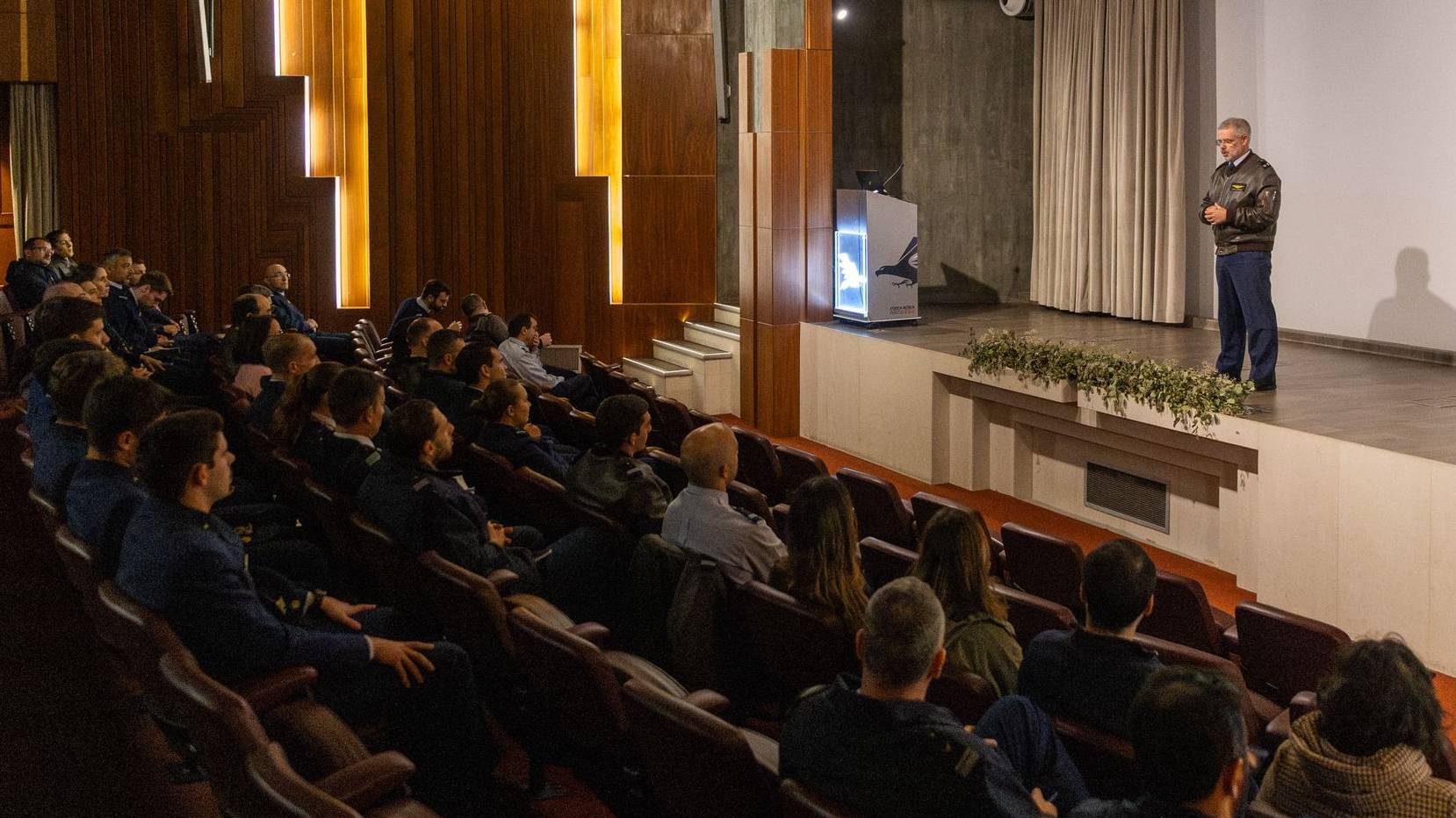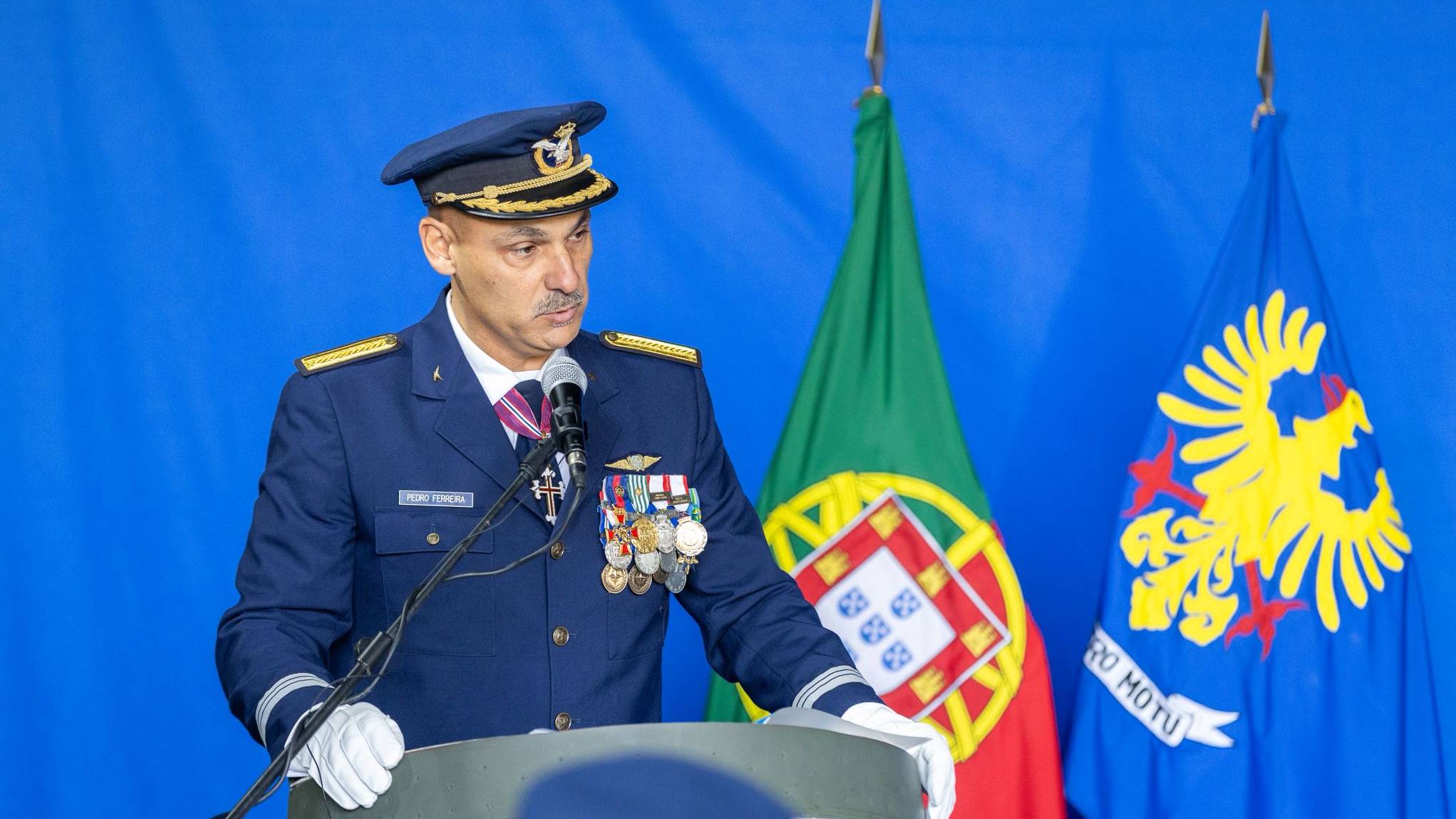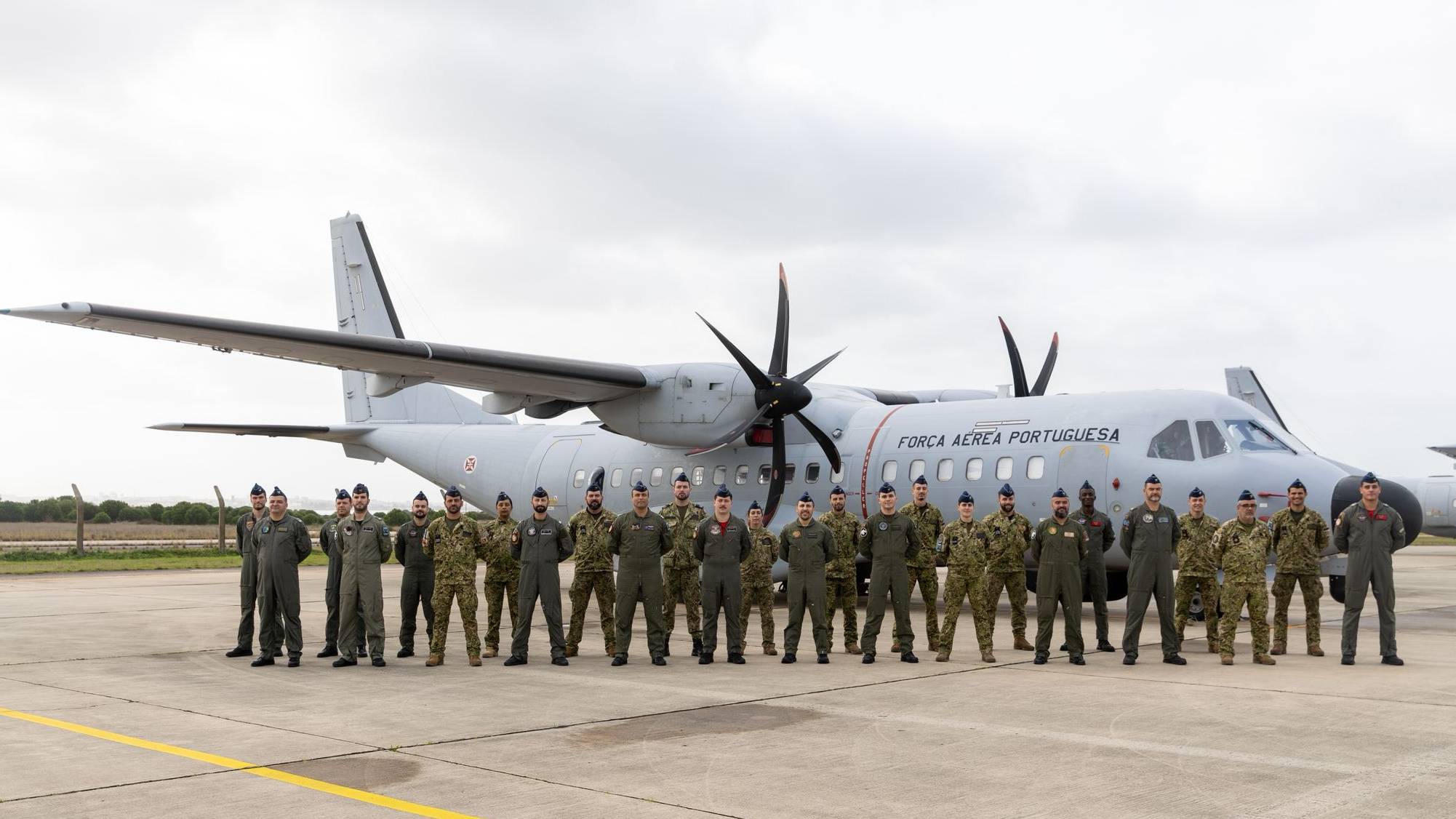
The air traffic controller is responsible for managing aircraft on the ground and in the air so that air traffic is expedited so that there are no incidents, and the main objective is that all aircraft are able to take off and land safely and smoothly.
For each type of aircraft, such as fixed wing or rotary wing, there are different procedures to be adopted by air traffic controllers. Here, many times, common sense reigns to shape the way of acting in order to be able to contemplate all the needs and differences of the aircraft so that in the end everything works out.
During multinational exercises such as ETAP-T 2023, this responsibility becomes even more important, as there is an increase in air activity, which translates into a greater number of coordinations carried out. This work must be carried out in such a way that both the mission of the exercise and the mission of Air Base 11 (BA11) are fulfilled.
For Major Nuno Silva, Commander of the Airfield Squadron, the exercises “are an increase in the quality of training also for controllers who maintain and increase their proficiency” since they deal with different situations and with more complex scenarios.
Until the 14th of June, the end date of the exercise, the BA11 air controllers will be committed to controlling air traffic for the exercise, in addition to the usual traffic at the base and civil terminal.








